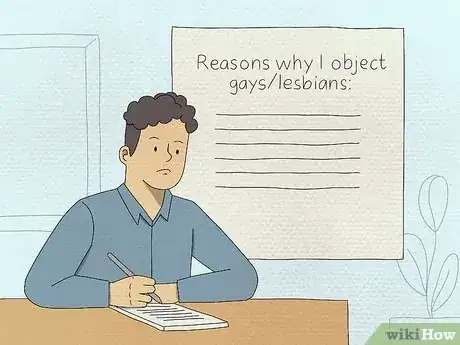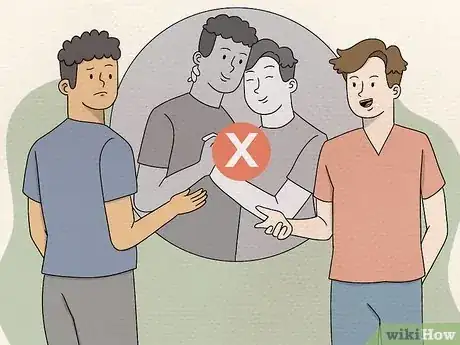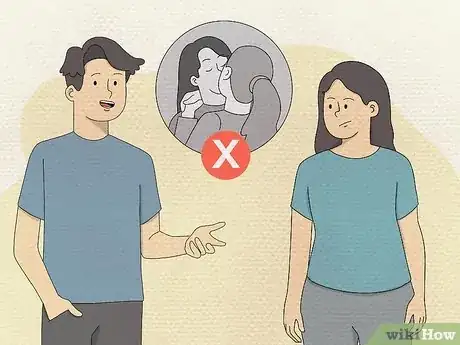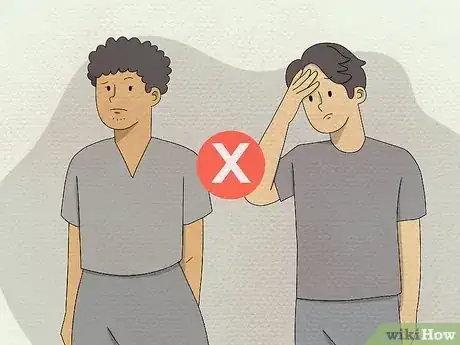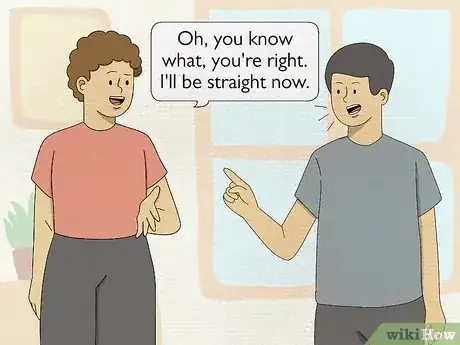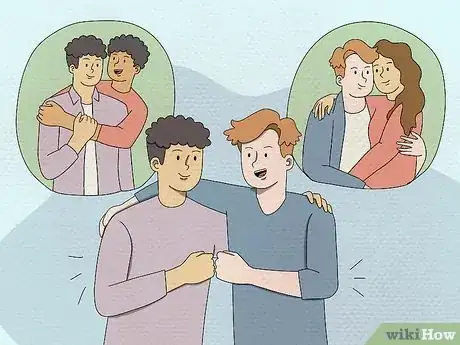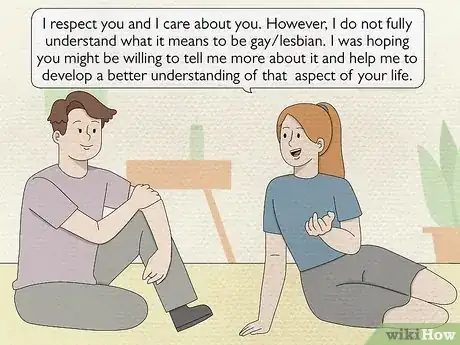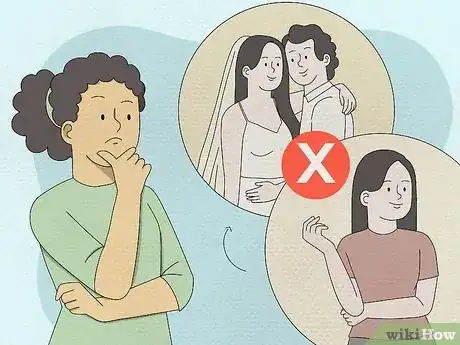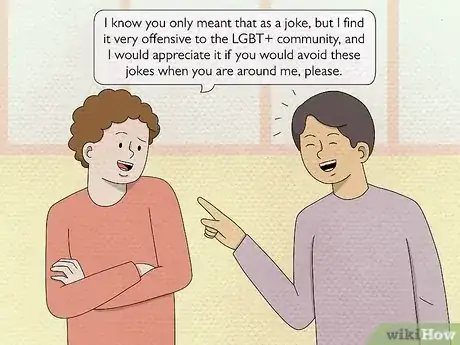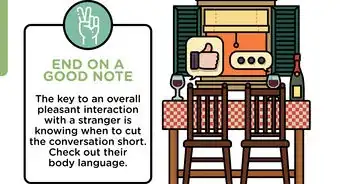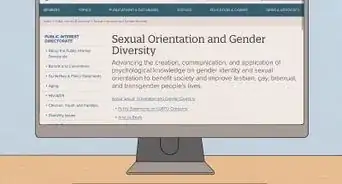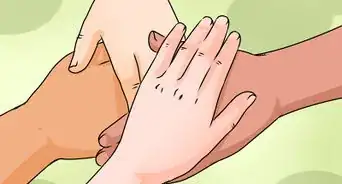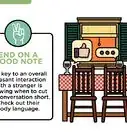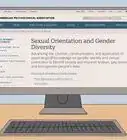This article was co-authored by Lauren Urban, LCSW. Lauren Urban is a licensed psychotherapist in Brooklyn, New York, with over 13 years of therapy experience working with children, families, couples, and individuals. She received her Masters in Social Work from Hunter College in 2006, and specializes in working with the LGBTQIA community and with clients in recovery or considering recovery for drug and alcohol use.
This article has been viewed 210,044 times.
If you are an ally of the LGBT+ community, you may be concerned about behaving in a way that supports that attitude. If you struggle to accept gay people, you may not be sure how to talk to them without bringing up your own beliefs. Regardless of your views, the most important thing you can do is to treat them as you would any other human being—with respect and kindness. Our guide has tips to have positive, productive conversations with LGBT+ people.
Steps
Expert Q&A
-
QuestionHow do I talk to someone that doesn't accept me and bullies me as gay?
 Lauren Urban, LCSWLauren Urban is a licensed psychotherapist in Brooklyn, New York, with over 13 years of therapy experience working with children, families, couples, and individuals. She received her Masters in Social Work from Hunter College in 2006, and specializes in working with the LGBTQIA community and with clients in recovery or considering recovery for drug and alcohol use.
Lauren Urban, LCSWLauren Urban is a licensed psychotherapist in Brooklyn, New York, with over 13 years of therapy experience working with children, families, couples, and individuals. She received her Masters in Social Work from Hunter College in 2006, and specializes in working with the LGBTQIA community and with clients in recovery or considering recovery for drug and alcohol use.
Licensed Psychotherapist If there is a safety issue then that needs to be addressed for sure. If they're just being mean and obnoxious, ignore them. Find a community where you feel accepted and where people do support and understand you. This won’t necessarily change the fact that you’re being bullied, but it will help you find the places where you feel comfortable to be who you are. It's important to understand that this is about other people’s shortcomings and insecurities, and not about your own.
If there is a safety issue then that needs to be addressed for sure. If they're just being mean and obnoxious, ignore them. Find a community where you feel accepted and where people do support and understand you. This won’t necessarily change the fact that you’re being bullied, but it will help you find the places where you feel comfortable to be who you are. It's important to understand that this is about other people’s shortcomings and insecurities, and not about your own.
References
- ↑ http://www.algbtical.org/2A%20LANGUAGE.htm
- ↑ Lauren Urban, LCSW. Licensed Psychotherapist. Expert Interview. 3 September 2018.
- ↑ https://www.authentichappiness.sas.upenn.edu/newsletters/authentichappinesscoaching/open-mindedness
- ↑ http://www.algbtical.org/2A%20LANGUAGE.htm
- ↑ http://www.algbtical.org/2A%20LANGUAGE.htm
- ↑ https://www.psychologytoday.com/blog/compassion-matters/201301/5-ways-maintain-lifelong-friendships
- ↑ Lauren Urban, LCSW. Licensed Psychotherapist. Expert Interview. 3 September 2018.
- ↑ http://www.christianitytoday.com/iyf/advice/goodadvice/how-do-i-treat-gay-friends.html
- ↑ http://www.glaad.org/resources/ally/2
About This Article
Talking with someone who’s gay or lesbian doesn’t need to be any different to talking to straight people. Homosexual people can vary greatly so try to forget about stereotypes. Just keep an open mind and take them at face value when getting to know them. If their sexuality makes you uncomfortable, just don’t talk about it and focus on positive aspects of their personality. However, if they’re happy to talk about their sexuality and you’re cool with it, go right ahead. You should also avoid telling jokes about their sexuality unless you know they’re fine with it, just in case they find it offensive. If in doubt, just think about whether something would be appropriate to say to a straight person, and if it isn’t, then avoid saying it. For more tips, including how to build a friendship with a gay or lesbian person, read on!

